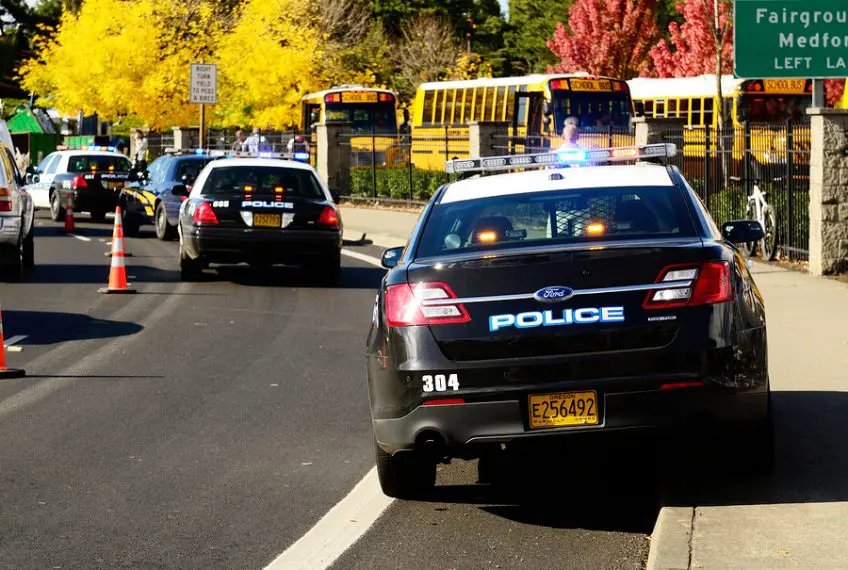Imagine sending your child off to school one morning only to learn later that he or she was subjected to invasive searches by police while at school. As a parent, you would likely be livid at the intrusion and confused about whether the search that police conducted was lawful.
This is the very position in which the parents of roughly 900 students in another state have found themselves. Recently, the students were searched while at school and without notification to the parents. The troubling situation has raised a very important question: Where is the line between keeping kids safe and violating their rights?
The searches were carried out by the sheriff and his deputies who evidently were looking for drugs. In the end, their efforts were fruitless and no illegal drugs were even found.
Reports indicate that the school was placed on lockdown for four hours, during which time the police carried out “invasive searches”. Since the search, nine students have filed a lawsuit against the law enforcement officers.
This upsetting situation has yet to be resolved, and for now, it comes with more questions than answers. Were the searches unreasonable? Who has the ability to consent to searches in school? Do minors on school grounds have a lower expectation to privacy? What role to school administrators play when it comes to law enforcement efforts inside the school?
These questions do not have easy answers, especially because we are living in an environment where parents and kids might fear for their safety in school. However, there is line between protecting our kids and violating their rights; it is just difficult to define where that line is all the time.
It will be interesting to see what happens in this case, as it could affect other students in similar situations right here in Orlando. We will certainly keep an eye on any developments.
In the meantime, if police have accused you or your child of a crime including drug sales or possession as a result of a questionable search, it is critical that you talk to an attorney about protecting your rights. Every case is different, and the laws governing searches and law enforcement efforts are rarely as black-and-white as they seem, which is why legal counsel is often vital.

